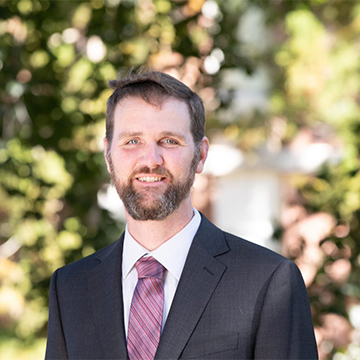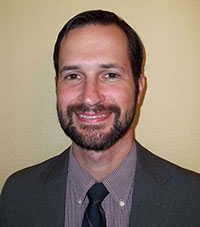Combine your passion for teaching with your love of history. As a history education major, you will expand your knowledge of history while developing the skills needed to share that knowledge with future generations.
Eastern Nazarene College prepares students for their future careers as educators. The history program helps students acquire a foundation in history and develop historical thinking skills through a comprehensive curriculum that includes courses in topics that span the history of America, Europe, and Africa; immigration; genocide; and the Cold War to name just a few. Students also have the opportunity to tailor their degree to their areas of interest.
Eastern Nazarene College’s small class sizes and faith-based community help students advance their historical interests and career aspirations while also developing their beliefs in a place where both academic and spiritual growth are encouraged and nurtured. The college’s historic location in Quincy, only minutes from Boston, provides a unique opportunity for students to study and conduct research.
The Teacher Education Program has created a Student Education Association of Massachusetts chapter on campus so students may take part in professional development opportunities. Eastern Nazarene College also has a history club that meets regularly and plans events and trips.
Career Paths
There are a variety of school districts, both urban and suburban, for students to gain education field experiences before graduation. Many students pursue careers as history teachers in public and private schools upon completion of the program. Others are admitted into graduate programs and law schools at Harvard University, Boston College, Stanford University, Yale University, George Mason University, New England Law, George Washington University, University of New York-Albany, Kent State University, Simmons University, Sacramento State University, and others.
Course Catalogs
For course descriptions, requirements, focus areas, options, and other program details see our full course catalog.



